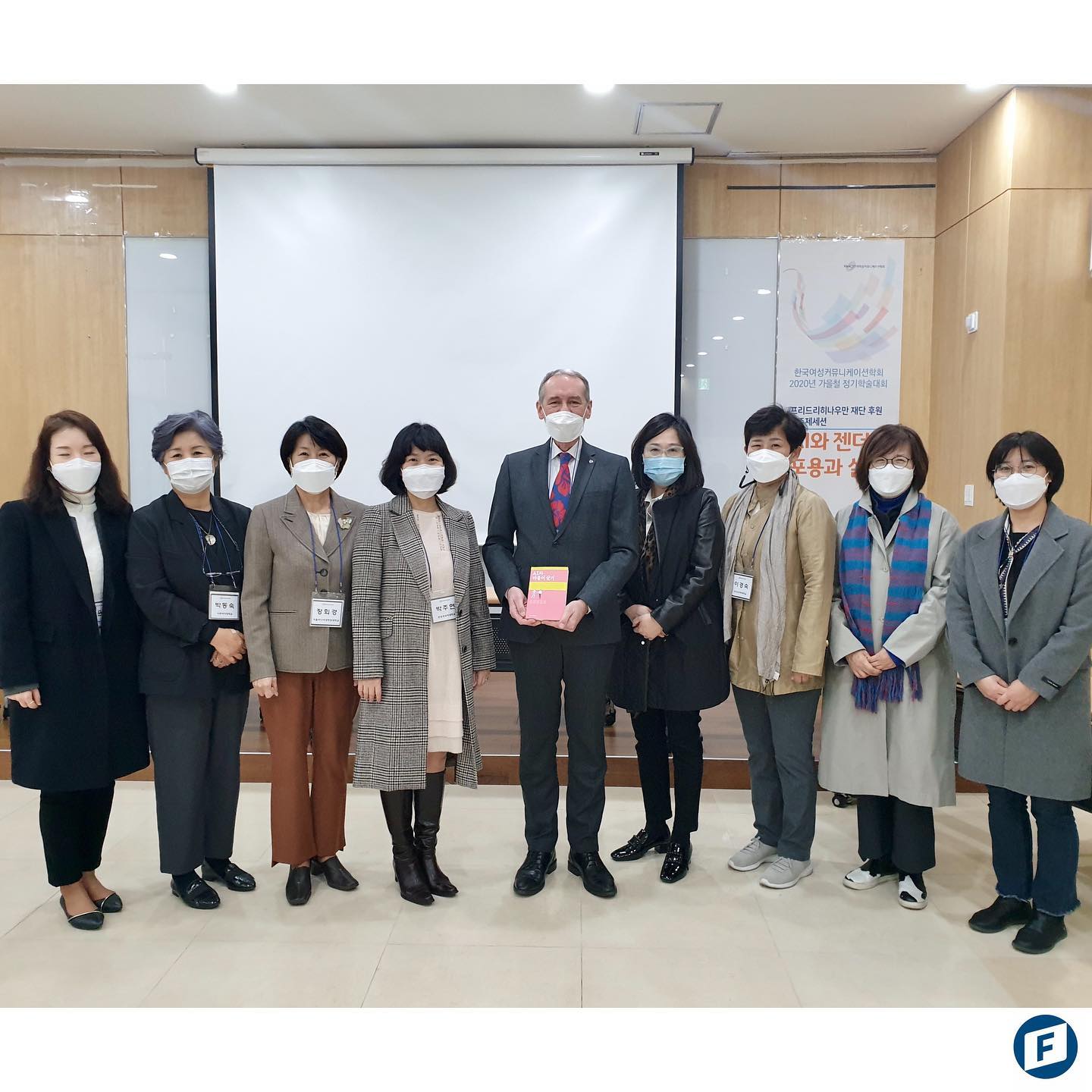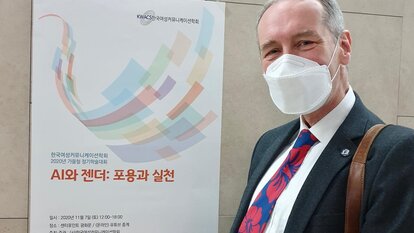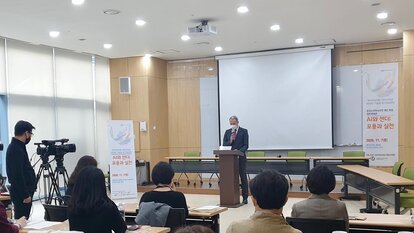Gender
Conference on ‘AI and Gender: Engagement and Practice’

Friedrich Naumann Foundation for Freedom Korea office and the Korean Women's Association for Communication Studies held a conference focusing on 'AI and Gender' on November 7. The main theme session was 'AI and Gender: Engagement and Practice.' We discussed these issues where participants could analyse AI's role in media through a gender-responsive lens in the new and changing media environment.
Firstly, researcher Kang Bo-ra of Yonsei University Communications Research Institute presented 'Online Gender Network: Gendered Organizations-The Possibility of Sharing Labor Experience and Solidarity.' Despite the increasing proportion of women working in startups, gender data related to them is absolutely scarce. In this respect, the creation and development of a community for career women is essential. It is of great significance in expanding various online gender networks to share problem consciousness and accumulate relationships.
The second presentation was by Hong Nam-Hee, a researcher at the Urban Humanities Research Institute at the University of Seoul, 'Platform Management within a Pandemic Era: Problems of AI Contents Regulation.' In the pandemic situation, as quarantine and telecommuting activities increase, the amount of data produced, distributed, and consumed, mainly on online platforms, is increasing rapidly. While AI processes many data, the problem is that the core of the technology is a machine created by humans based on biased human society judgments. After all, the concept of artificial intelligence cannot be separable from humans.
The third presentation was by Lee Jung-Hyun, a researcher at UN University, under the theme of 'Technical Forms and Implications of Artificial Intelligence Gender Bias: Focusing on Facial Recognition Artificial Intelligence.' In the current non-face-to-face era, facial recognition technology became the most widely used routine. Big data processing of facial recognition artificial intelligence is used to reinforce other gender bias and discrimination existing in society by patterning gender in performing technology. Gender patterns reproduced from records must be changed and reconstructed according to social and historical conditions.
Throughout the seminar, participants could draw important lessons: we should not let this new technology reinforce existing gender stereotypes and discriminatory social norms. The event was conducted in on-off hybrid format, while strictly following the COVID-19 prevention guidelines. The event was streamed in real-time on Youtube.

